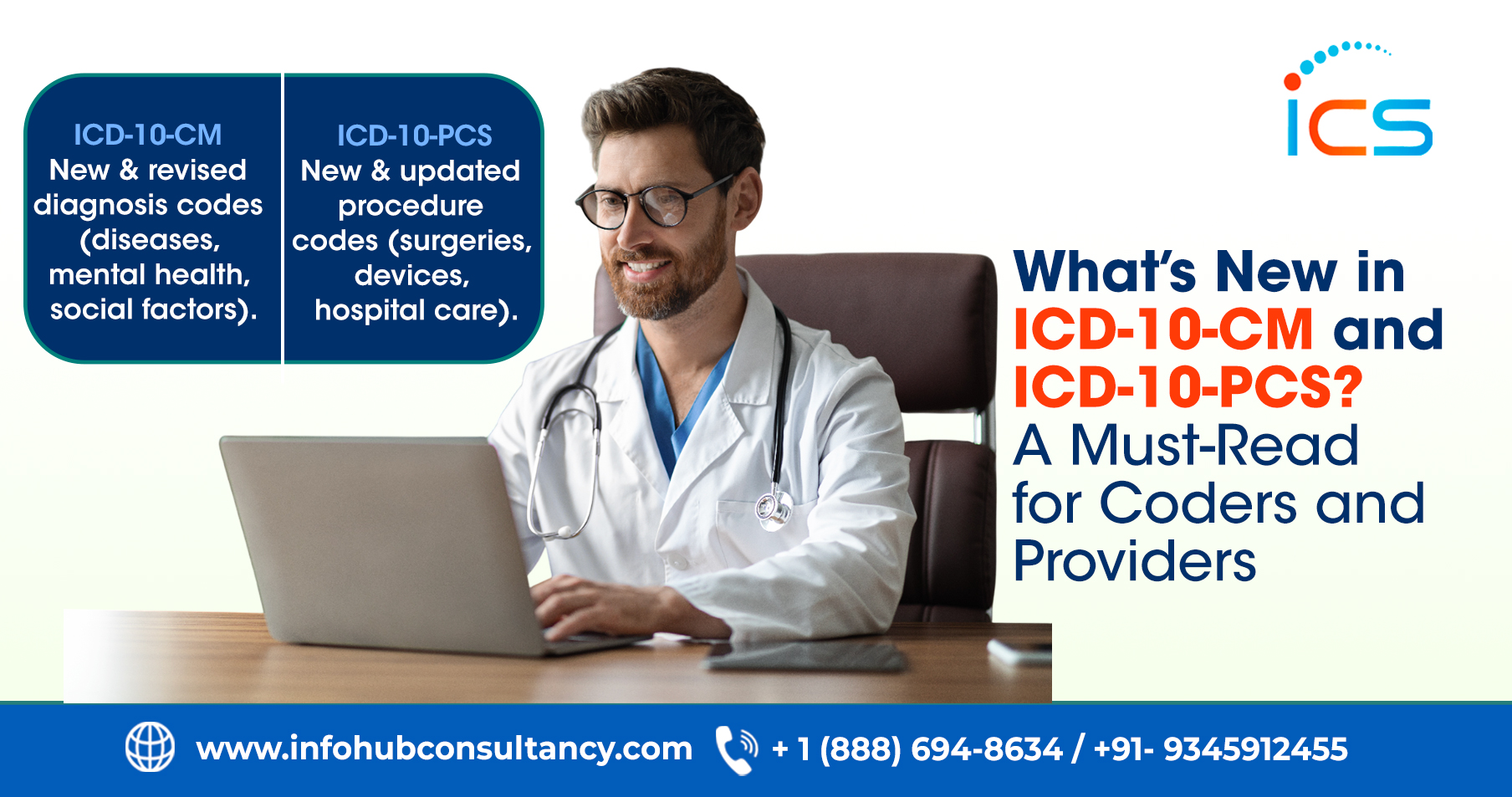Being effective at Revenue Cycle Management (RCM) in the healthcare sector is not only difficult, but also crucial for an organization’s overall performance. The organization’s performance can be increased, the administrative burden decreased, and profits can rise with effective RCM management. It is a good idea to have a backup plan in case the backup plan is lost. The appointment scheduling process starts the revenue cycle, which lasts until the patient pays or the payer reimburses the provider. Using a variety of products and services that enhance your claim processing can optimise your revenue cycle management.
It was predicted that ineffective revenue cycle management will cost healthcare organisations $16.3 billion in 2020. Making patient care affordable has become more difficult due to the rising cost of treatment and growing complexity of the healthcare system. Increasing efficiency is more crucial than ever at a time when almost most of RCM departments are experiencing labour constraints and are falling short of their revenue targets. From implementing patient portals to technological investment, and staff training, here are 5 ways healthcare providers can optimize their RCM process.
1. Technological Investments
Today’s technology can assist your healthcare company in streamlining workflows and maximising quicker reimbursements. Without access to digital technologies, you must contend with the mistakes and inefficiencies inherent in manual paper-based operations. You must also deal with manual data errors. Your team can automate revenue cycle management procedures by employing medical billing and practise management software.
2. Patient Portal
To optimize the revenue cycle, healthcare institutions are increasingly choosing to implement patient portals. Patient portals help healthcare companies collect revenue more quickly, decrease paperwork, and lower administrative expenses in addition to giving patients the ease of 24/7 access to and updating of their account information. Patients can easily update and access important medical information and treatment plans using patient portals, which give doctors a secure means of doing so. To sustain the viability of their RCM, healthcare organisations must deploy a patient portal due to the increased efficiency of this potent tool.
3. Analytics to Track RCM KPIs
Monitoring RCM KPIs can help you find areas where your firm is falling short of industry norms and provide a strategic approach of how your organisation is performing. You could monitor:
• Rate of clean claims.
• Days in A/R.
• Cash receipts as a proportion of net patient service income.
• Rate of claim denial.
• Fee for collection.
By setting KPI targets, managers can more accurately allocate resources for increased productivity and spot issues before they become serious ones.
4. Staff Training
Using best practises to reduce denials, increase reimbursements, and establish an efficient billing system requires a well-trained workforce. To guarantee that pressing financial queries are resolved swiftly and accurately, it is necessary to invest in enough employee training on healthcare revenue cycle best practises. Without this training, there is a chance of expensive backlogs, inaccurately reported claims, insufficient data tracking, and poor customer support. Well-trained personnel will uphold regulatory compliance, increase profits, and improve patient satisfaction. The proactive handling of problems as opposed to their manual resolution later on through tiresome efforts or withdrawn payments can lead to substantial expense savings over time when employees receive high-quality training.
5. Denial Management
The 99% first pass approval rate that suppliers are able to achieve thanks to revenue cycle management services is another advantage. Your claims will be coded appropriately the first time thanks to claims monitoring and denial management. This increases your revenue by ensuring that no denials get lost in the shuffle. Whenever a claim is rejected, it is swiftly resubmitted to ensure that your payment is processed as soon as possible. Your practice’s bottom line can be increased through the optimization of your revenue cycle management procedures without sacrificing patient care.
Optimize RCM with Info Hub Consultancy Services
A crucial component of the financial success of your medical practise is revenue cycle management. Targeted attempts to make your revenue cycle more streamlined can result in greater revenue and patient outcomes experience. ICS, an offshore medical billing agency can assist in optimising your RCM for better profits, offering medical billing and coding services across specialties.

 4 mins read
4 mins read 







.png)

